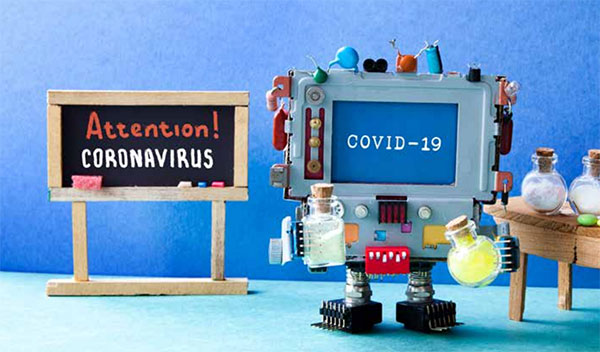
We are seeing the growing demand to integrate connected devices for field service operations. In a recent study by IFS, 30 percent of product-oriented companies said they are already using IoT for field service to some extent – a few companies are even harnessing IoT data to automatically trigger work orders or technician dispatches.
But there’s much more that IoT has to offer field service operations. With IoT-enabled equipment, companies can provide condition-based or predictive maintenance, metered billing based on duty cycles of equipment, and gain better visibility into how customers are using a product for a more targeted sales approach in the future.

Connecting IoT sensors isn’t enough – begin the voyage of discovery
Businesses need the tools that work behind the scenes to turn information into actionable insights. The process of gathering data from sensors in the field and turning it into usable information is handled by IoT discovery tools. These tools take equipment data captured in real-time and convert it into events that can trigger field service work orders, parts requisitions or other transactions in the software system.
In many cases, the equipment makers themselves provide and sell the IoT discovery tools used to service the asset after the sale. The idea of a complete system from the same vendor might be attractive to a company that plans to service their own equipment using asset management and maintenance software provided by the equipment manufacturer, but this is short sighted. It is simply not viable for a service organization that is potentially servicing not only equipment it manufactures but equipment manufactured by others.
Furthermore, looking to a single vendor for an entire technology stack – from IoT sensors and discovery tools through to asset management software – really does not make sense functionally, financially and may block important business benefits.
Don’t get locked-in
These proprietary IoT discovery systems may be more prominent in certain industries such as medical devices, including ultrasound, MRI, blood analysis and radiology equipment, in aviation for engine systems and avionics, in power generation and renewable energy for capital assets and equipment and in many industrial machinery and automation applications.
Many of these industries have been ahead of the curve in machine-to machine communication and IoT. But as IoT becomes more central to the value of aftermarket field services, companies providing service will need to avoid proprietary, closed systems. In order to ensure interoperability with a variety of equipment and field service management software.
An open approach
More product-agnostic IoT platforms like the Microsoft Azure IoT Suite are very complete and robust, offering developers an array of options for how to build out their IoT applications. It is also already resident in the cloud, and interacts with other enterprise software products easily through APIs and other third-party solutions. These tools, combined with IoT-enabled field service management software, transform operational data into observations and actions, so organizations can increase the efficiency of field service processes and expand into new business models.
IFS Field Service Management™ software facilitates IoT in an open fashion that avoids vendor lock-in and maximizes interoperability with the wide spectrum of assets that may need to be serviced in the field.
Unlocking new advantages
In order to reap rewards from an IoT deployment, organizations must be able to quickly collect, analyse and action data. This means using open platforms which have been designed with connectivity in mind – or these benefits will remain locked away forever.




















